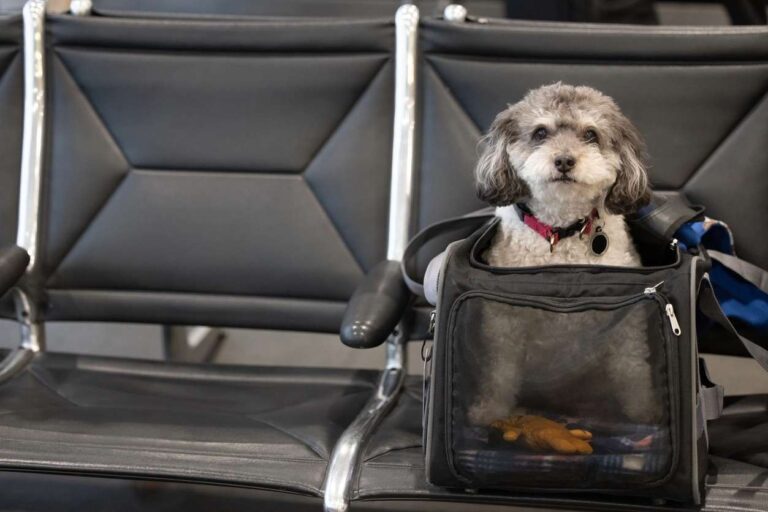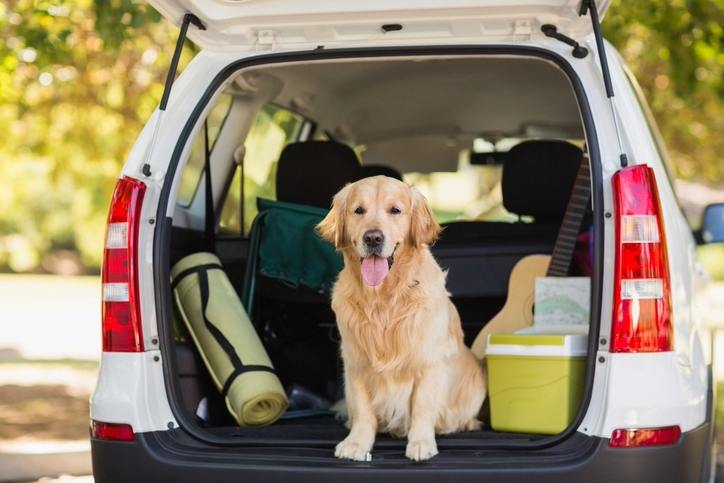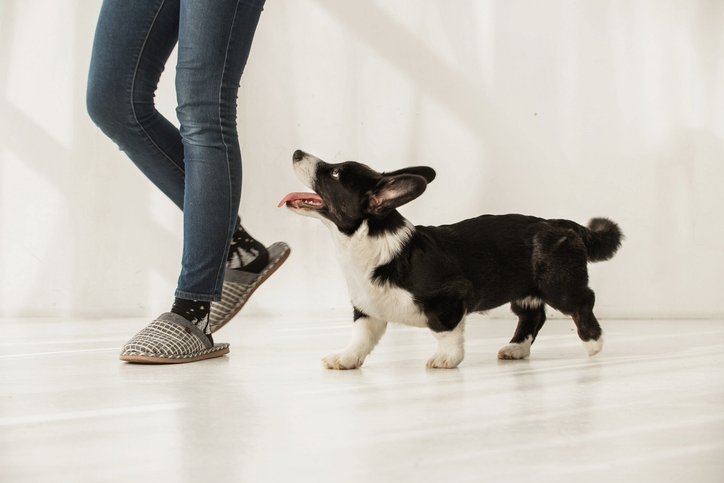Congrats! Welcoming a new furry member into your family is both exciting and nerve-wracking. Teaching your puppy basic behaviors, such as sit, stay, down, and come, are all necessary to have a well mannered companion. Training has many benefits beyond just creating a clear line of communication. Training your puppy builds confidence in both your dog and yourself, provides mental stimulation for your dog, and helps to create a strong bond.
Of course you can DIY your puppy training. But as with most DIY projects…the quality is not at the same caliber as working with a professional. And when it comes to raising a dog, it is key to set a solid foundation early on. Beyond that, doing private training has many pros over going to group classes. We break down puppy training goals by age in our “When to Start Training Your Puppy” blog, check it out!
Personalized Training
Think of private training like tutoring in school. Rather than following the general group curriculum, your trainer would work with you on specific goals and issues. Anything from obedience, leash walking, chewing, anxiety and reactivity, crate training, etc. The possibilities are endless. The training is more personalized to your dog’s specific personality as well as the way they learn. You also get one-on-one time with your trainer. They aren’t attempting to train multiple puppies at once and talk to multiple different dog owners during a training class. They are solely focused on you and your pup.
Difference in settings
As with humans, dogs are more comfortable in the privacy of their own home. They act differently in public settings versus their own home. Sometimes issues that happen at home won’t happen in group classes – due to distractions and being in a different environment. Having a private trainer come to your home and help you work in the space your dog is in every single day allows for a more authentic training experience.
Location changes
Typically group classes are held at a pet store, or in one location the duration of the series. With private training, you have the flexibility to change your environment. For example, starting at your home until your dog has learned solid house manners, and then moving to parks, coffee shops, breweries and more to address any challenges your dog may have when you go out.
Flexibility
With group classes, they are on a set schedule and typically happen at the same time every day. With personalized training, your trainer can work with your work and social schedules to find time that works for you both.
Overall
All in all, quality training to integrate your new BFF is how you set yourself up for success to have a long, fun, and stress-free companionship. Having the confidence to know your dog will listen to you, and you know what behavior to expect from them, is invaluable.
For more information on our training programs reach out to our Beyond the Dog in Austin team or take the quiz to help determine which program best fits your training needs!




